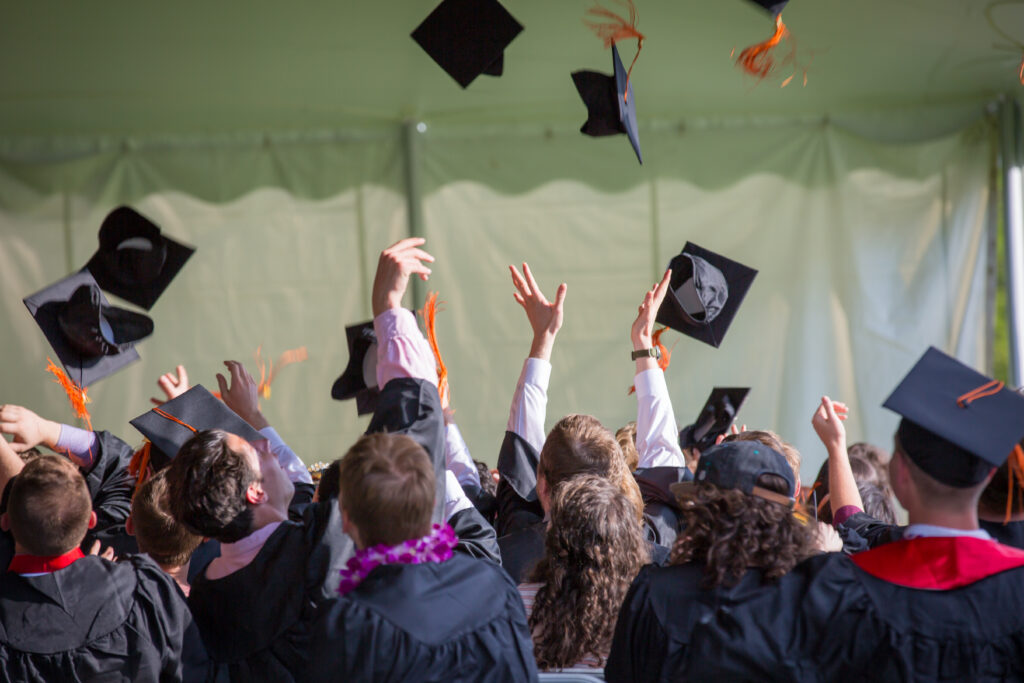Wilgilia Tradition
When the first star, known as the Gwiazdka, appears in the eastern sky, the Christmas tree is lit and that is when the feast to commemorate the birth of the Christ Child begins.
The Christmas Eve meal starts with a prayer, followed by the sharing of the blessed oplatek (consecrated bread wafer which is similar to that used during Holy Communion in the Roman Catholic Church), and exchanging wishes. Usually, the male head of the household takes the wafer and turns to his wife, extending it toward her. He wishes her good health and success in the upcoming year, the fulfillment of her dreams, and, if there have been any misunderstandings, he asks her for forgiveness and for the New Year to be a better one. The wife then thanks him and breaks off half of the wafer and eats a piece of it. Next, she offers the wafer to her husband, expressing similar wishes. He breaks the wafer and eats it. This ceremony is repeated with each person present, beginning with the oldest and ending with the youngest.
After the breaking of the wafer and the exchanging of wishes, everyone sits down at the dinner table. A lighted candle in the window symbolizes the hope that the Godchild, in the form of a stranger, may come to share the Wigilia and an extra place is set at the table for the unexpected guest. There is always a thin layer of hay under the white tablecloth in memory of the Godchild in the manger.
Wigilia is a traditionally meatless dinner and it differs from other evening meals in that the number of courses is fixed at seven, nine or eleven. Items normally included in a traditional Wigilia menu include Dill Pickle soup, boiled potatoes (kartofle), pickled herring (sledzie), fried fish, pierogi, beans and sauerkraut (groch i kapusta), a fruit compote, babka, placek, beets, nuts and honey, and chrusciki.
Time after dinner is devoted to different activities. Members of the family sing Polish Christmas Carols called the koledy while the children wait impatiently around the Christmas tree, or choinka, for the gifts to be exchanged.
It is customary to feed the domestic animals with oplatek and dinner leftovers, especially cows to assure the production of plenty of milk. Girls listen to hear from which direction a dog barks because, as the saying goes, it is from that direction her prospective husband will come. Children and teenagers go to the orchard and beat fruit trees with small branches so there will be an abundance of fruit next year. These activities continue until it is time to attend midnight Mass. In Polish it is called Pasterka, “the Mass of the Shepherds” to commemorate the shepherds who were the first to greet the newborn baby Jesus.
After Mass, people return to their homes and have a glass of hot compote and a piece of cake.


